Why a Daily Practice?
In a recent conversation with a long term student, they relayed to me the surprise they felt when advising a fellow student that practising at home between classes was a good idea, and then the fellow student stated they had never thought of that! If you want to gain the ultimate benefits from the arts we practice, then developing daily habits is a must. In a previous post I forgot to mention one of the other facts that lead Sifu into the ‘CIA’. He made a decision to give up his ‘normal’ career as a chef so he could live, eat, breath, and think Kung Fu 24/7. The outcome of that meant his practice really did become daily and his skills accelerated and eventually surpassed that of his own Sifu.

There are many benefits to be gained from the Chinese Martial Arts and associated practices. Wonderful things like slowing ageing, curing existing conditions, altering moods, strengthening immunity, increasing longevity, and developing greater awareness and connection to people and our planet to name but a few. Think about the body’s joints. Like all structures and functions in the body they are going to degenerate as we age. Sometimes due to simple wear and tear, other times due to chronic conditions like arthritis. In the Chen Village, China, the birthplace of martial Tai Chi, it is advocated to mobilise your joints daily. Even if you don’t have time for your Tai Chi practice, you should do your joint exercises, 40 times each movement! Here is a story I was told by a new Tai Chi student just a few weeks ago. She had a friend who suffered from arthritis in her hands, including the typical structural changes of the joints, and with inflammation. She began to learn Tai Chi and after some time noticed positive changes on her hands. This spurred her on to a daily practice, training at home between classes. Three years after starting Tai Chi her arthritis is gone AND her joints returned to normal!
Now, classes are essential for the learning of the material, getting to practice with multiple partners, and building camaraderie and community. But daily practice leads us to the many gems hidden in the depths of our arts. We have heard the martial arts proverb ‘the teacher leads you to the door of the treasure room but it is up to the student to enter and pick up the jewels.’ This reflects the idea of training in between the classes you attend with your Sifu to find the greater heights of performance and the multiple benefits available to you.
We might also reflect on the saying ‘Kun Sook Jing Hou’. This is Regularity Familiarity Essence Magic. It means regularity of attendance with your teacher to find the familiarity of technique and application. Then with in between class training, or daily practice, you will discover the essence, or gems, of the art. Decades of this habitual training will lead to the magic that lies within the arts and this can be expressed physically, mentally, emotionally, and spiritually. If you ask most people, often the issue with developing a daily practice is lack of time. Now anyone that desires something strongly enough will find the time to achieve it no matter what. It would seem easier if we could give up the modern pressures, get off the hamster wheel, and find the monastery in the mountains to devote time to a daily practice. But in the history of Buddhism and meditation it was often the secular people, and not the monks, that excelled at the practices! So why not you? It is certainly possible to maintain a secular lifestyle and set small amounts of time aside everyday to practice something. Ten or fifteen minutes daily is often easier than trying to find a couple of hours once a week. You are practising extraordinary arts so you are required to be somewhat extraordinary. The normal, average, everyday person has work, family, study, bills to pay, hobbies and sports, holidays, chores, etc. That’s life these days. So get over that and look inside the treasure room. How much do you want those gems and the benefits they can buy you?
We don’t rise to the level of our expectations, but fall to the level of our training. – Archilochus


